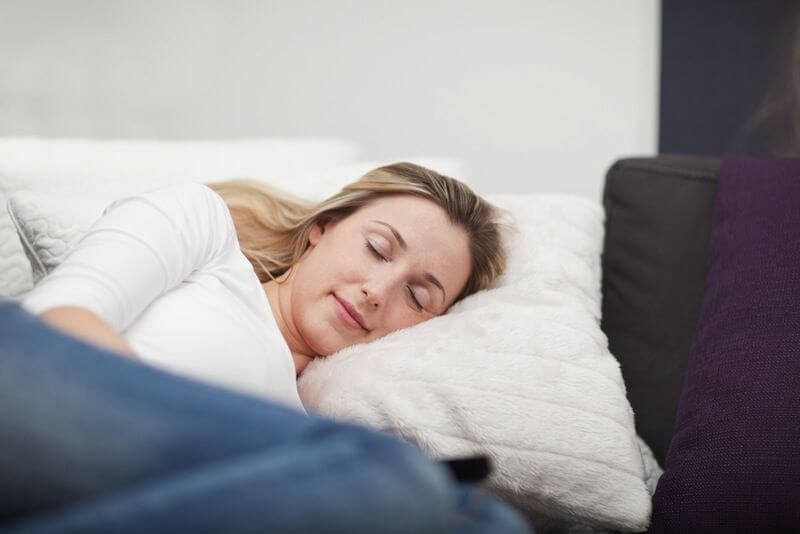Naturally, I’ve always been a little jealous of the people who take naps and wake up feeling like a million bucks. I’m a healthy, youngish, childless woman who regularly sleeps seven to eight hours a night — why don’t naps work for me?
The short answer is that some adults are genetically predisposed to need more hours of continuous sleep than others (I’m leaving children out of this because, as growing bodies, they naturally need more sleep). According to a study by the National Heart, Lung and Blood Institute, at least 80 genes appear to be involved in sleep regulation, which “suggests that sleep duration in natural populations can be influenced by a wide variety of biological processes.”
Simply put, sleep duration needs vary considerably because they’re based on a broad spectrum of genetic differences.
But that’s just natural sleep rhythms. When you factor in that 1 in 3 Americans are sleep deprived, it makes sense that roughly the same percentage of Americans take a nap once a day, regardless of the benefits they may or may not reap. It’s the body attempting to make up for the imbalance so it can continue performing adequately.































